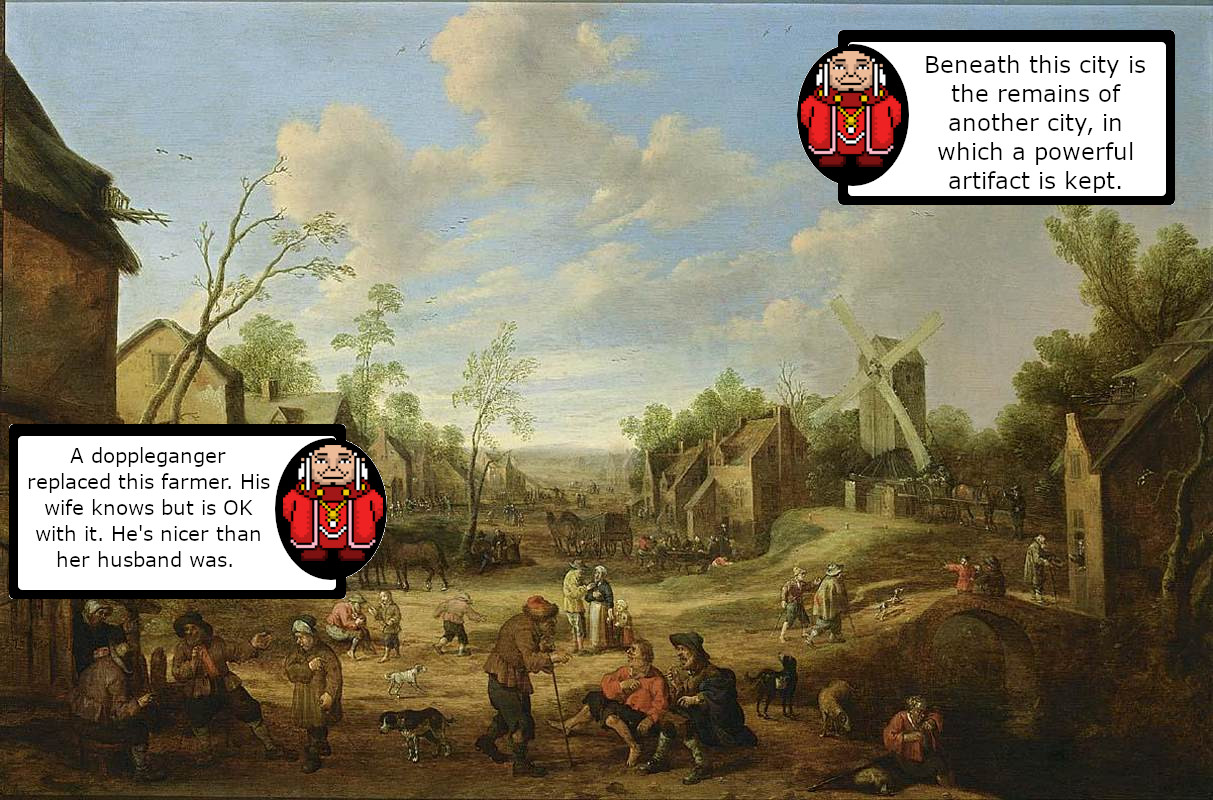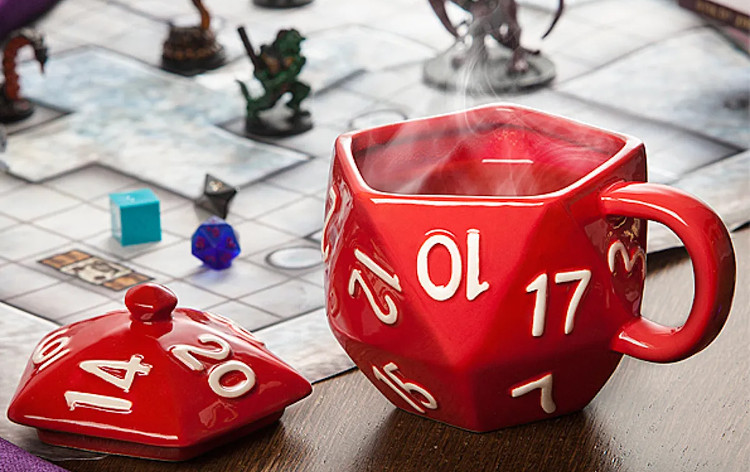GMing can be a thankless job, especially when done right. We are the producers and directors of this game we play and this play we game. We are the supporting actors. Even when we run published adventures, we add enough new ideas and fill in blanks like dialogue and redirection to get writing credits. Depending on your style, you might be a folly artist adding your own special effects.
Yet the better we are at our jobs, the less noticeable our work is. Our game is to put our players in the shoes of their characters, immerse them in the world we share, and treat every interaction with us as an interaction with the NPC, monster, inanimate object, or whatever stands before the PCs.
So why do we do it? Especially when it’s obvious that others don’t. Just look at how Pathfinder Society’s treated additional players. Scenarios used to be written for 4-5 PCs with rules for adjusting for more as thought that was the exception. Now they’re written for a full table and adjusted down to what the rulebook considers the standard number of players at a table.
I can’t speak for anyone else, but there are multiple reasons I GM, and have been interested in it since I RPGs were first explained to me.
Creative Expression
The GM in the opening example may not have been in the spotlight, but no one is without a competent spotlight operator. The actors in a play or movie have to work that much harder and more technically when it’s a one-hand show, a blackbox theatre, with no budget for special effects, lighting, or music. The less technical mind an actor must pay, the more they can focus on their performance. By taking the technical weight off their shoulders, you benefit from a more focused performance from your players.
Geeking Out
In a lot of ways, I approached it like I approach most of my hobbies. When I conclude that I like something, it’s rare my next step isn’t digging into how it works so I can approach it from multiple levels at once. I have often been accused of overthinking things, which usually baffles me because the time and effort between input of data and output of my thoughts is minimal. It makes me wonder what thinking is like for the kind of person who thinks I’m overthinking. Which I guess is just another example of my instinct to dissect every aspect of things that interest me, including other people’s brains.
The Whole Story
GMing is like getting to read the trivia page of the game I’m playing in real time. It’s seeing the game and understanding the story on a level that the players can’t. It’s like Pop-Up Pathfinder. And when the players make connections and see the game or the story in a way that only you could before, it’s exciting and validating. The challenge of having access to more information than the players is having that information compartmentalized into categories like PC Knowledge, Hints, and Mysteries. When you get to move a folder from the Mysteries folder in your mind to the PC Knowledge folder, that’s satisfying in a way very few other things are.
I like playing. I might even love it as much as I love GMing. However, I think of myself as a GM more than as a player because I think I am a more traditional player, but there are fewer traditional GMs, and fewer GMs in general.
I’m curious what motivates you, my fellow GM, to choose our side of the screen. Feel free to sound off in the comments below or on social media.




